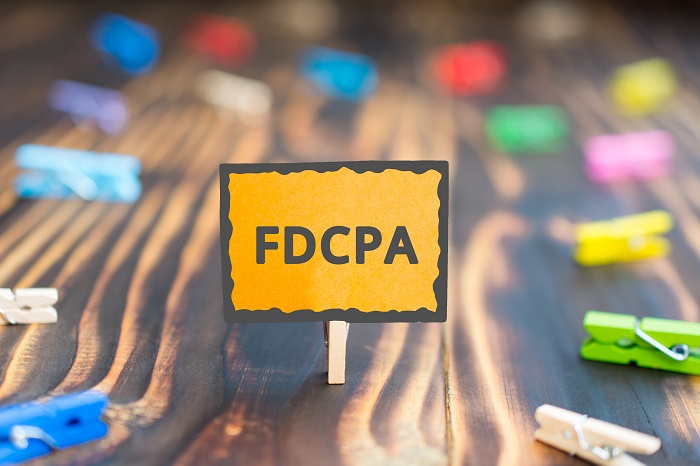The Consumer Financial Protection Bureau has released its final rule for the Fair Debt Collection Practices Act. The release of the rule promises to bring substantial changes in consumer debt collection practices.
Posts tagged as “Debt Collection”
The U.S. Court of Appeals for the Seventh Circuit recently held that factually accurate collection letters that did not make explicit or implicit suggestion about future outcomes did not violate the federal Fair Debt Collection Practices Act as they would not confuse or mislead the reasonable unsophisticated consumer.
The U.S. Court of Appeals for the Eleventh Circuit, in an unpublished opinion, affirmed a trial court order dismissing a consumer’s lawsuit holding that Georgia’s renewal statute, O.C.G.A. § 9-2- 61, did not save a claim that is otherwise time-barred under the federal Fair Debt Collection Practices Act (FDCPA).
On Sept. 25, 2020, California Gov. Gavin Newsom approved Senate Bill 908 which creates the “Debt Collection Licensing Act.” The licensing provisions become operative Jan. 1, 2022, with the licenses to be issued by the Commissioner of Business Oversight.
The U.S. Court of Appeals for the Eleventh Circuit recently reversed and partially vacated approval of a class representative’s incentive award, remanding the case to the trial court to adequately explain its fee award, its denial of a class member’s objections, and its approval of the class settlement.
The U.S. Court of Appeals for the Fifth Circuit recently held that a consumer’s contractual obligation to repay an overpayment in government grant money received by the debtor qualified as a “debt” under the federal Fair Debt Collection Practices Act (FDCPA) because it involved a consensual promise to repay in exchange for receipt of an item of value, and the subject of the transaction was primarily for personal, family, or household purposes.
The U.S. Court of Appeals for the Second Circuit recently held that a debt collector did not violate the federal Fair Debt Collection Practices Act (FDCPA) where it unintentionally sent a valid debt collection communication to a non-debtor.
The U.S. Court of Appeals for the Seventh Circuit recently affirmed the dismissal of consumers’ claims that a debt collector's separate reporting of debts accrued for medical services, rather than aggregated together, violated the federal Fair Debt Collection Practices Act (FDCPA).
The Massachusetts Supreme Judicial Court recently affirmed a lower court’s denial of a debt collector’s motion to compel arbitration, holding that the defendant had failed to provide “clear and definite” evidence of the parties’ intent that it benefit from the arbitration provision at issue.
The U.S. Supreme Court recently decided that a fix was needed to the federal Telephone Consumer Protection Act. But its decision in Barr v. American Assn. of Political Consultants, Inc. provides no TCPA relief for legitimate businesses that use technology to communicate with their customers.
Joining similar rulings by the Eighth and Tenth Circuits, the U.S. Court of Appeals for the Fourth Circuit recently held that each violation of the FDCPA gives rise to a separate claim governed by its own statute of limitations period.
The U.S. Court of Appeals for the Seventh Circuit recently held that a debt collection verification letter, which sought to collect interest on a credit card debt for months after the time when the bank that issued the card did not send monthly statements, was not "false" and would not have misled their attorney in violation of the federal Fair Debt Collection Practices Act (FDCPA).












